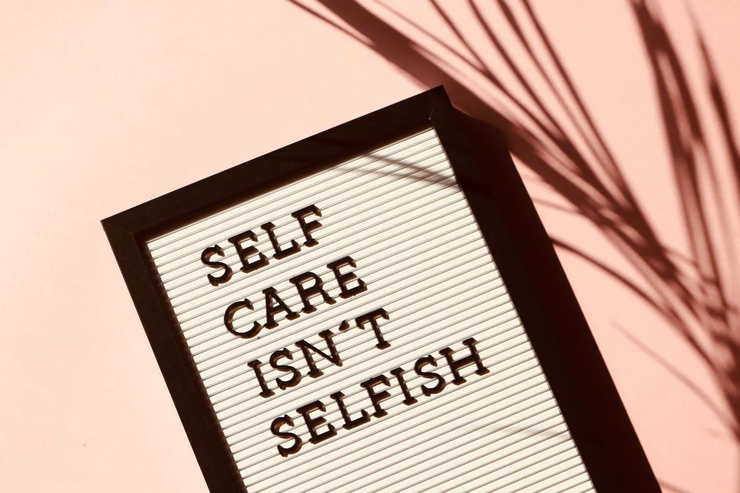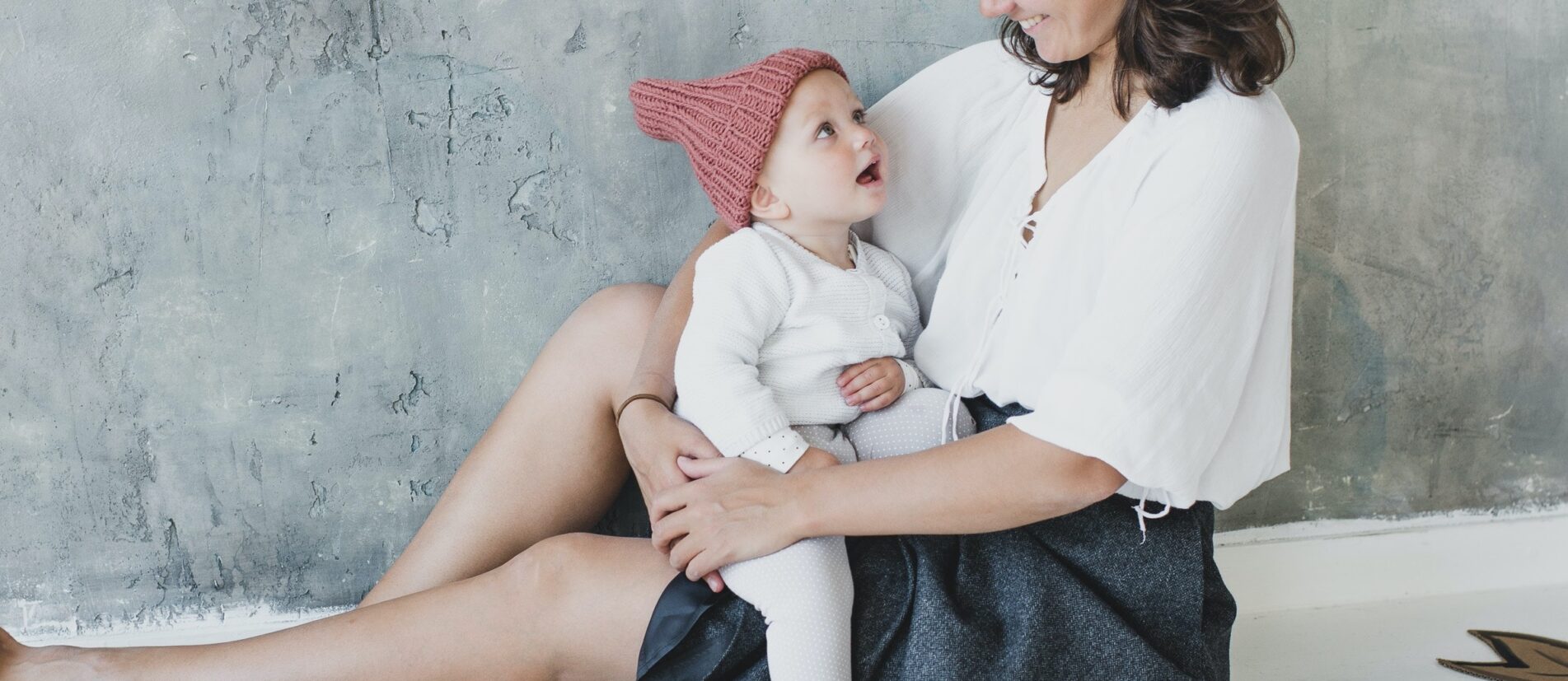
Written By: Melanie Alfonso
No struggle with a mental disorder is easy. But today we will be focusing on what means for us mentally not to be ok. In general, pregnancy and motherhood for women are romanticized, is a bed of roses. Women are happy and glowy, is supposed to be second nature for us to be a mother. But sometimes that’s not the case, and more women must know that that’s ok too. You are not a bad mother; you are not broken; it’s ok not to feel ok. Mothers are the strongest individual that society has created. The truth is that we are strong, we do make a life with our bodies. We do push a human out for as long as necessary while in excruciating pain. And after all that work, we are always expected more, and with a smile, in our faces, as we do it.
According to a worldwide spectrum of the World Health Organization, about 10% of pregnant women experience a mental disorder; this number rises to 13% when they give birth. In developing nations, the percentage of pregnant women who go through mental illness is 15,6%; when they give birth, that number goes up to 19.8%. Even though mental disorders in women have always been demonized in Western countries and third world nations, anxiety, postpartum depression, and overall depression during pregnancy and post-birth are still hard to bring up.
As women are pressured by other women and very often by the dear women in our families to have children and to raise them in a certain way, which brings restrictions for ourselves, restrictions which are also very damaging to our mental health.
This is valid to many factors that change in our lives when we are pregnant or have children:
our bodies, our time, our careers, our sexual lives, etc.
Everything that changes somehow is tangled with other factors in our lives, so when we fail in some aspect, we need to start changing the narrative given to us. Neither pregnancy nor motherhood should carry a homogeneous discourse of maternity. Therefore, it shouldn’t tell us how to feel about it. We no longer can tolerate under no circumstance to keep silencing our experiences, especially the bad ones that downplay the pain, the stress, the exhaustion, and all the other complexities that pregnancy and motherhood bring. We need to kick that facade down; different women have different experiences. If we tell our stories, show our bodies and their scars, we can change this old as time story that pregnancy is always excellent.
It’s ok not to be ok. We need to show this side of motherhood and pregnancy that they don’t want us to see; when we see other women come forward with their experiences and stories, we can recognize ourselves in them. When we begin to tell our stories when we begin to deal with the difficult stuff, it’s an urgent call to bring awareness to these issues, we deserve it, and our mental health deserves it. Once we being to heal and share this other side of motherhood is when we truly make a change, and that’s just as powerful as being a mother.

